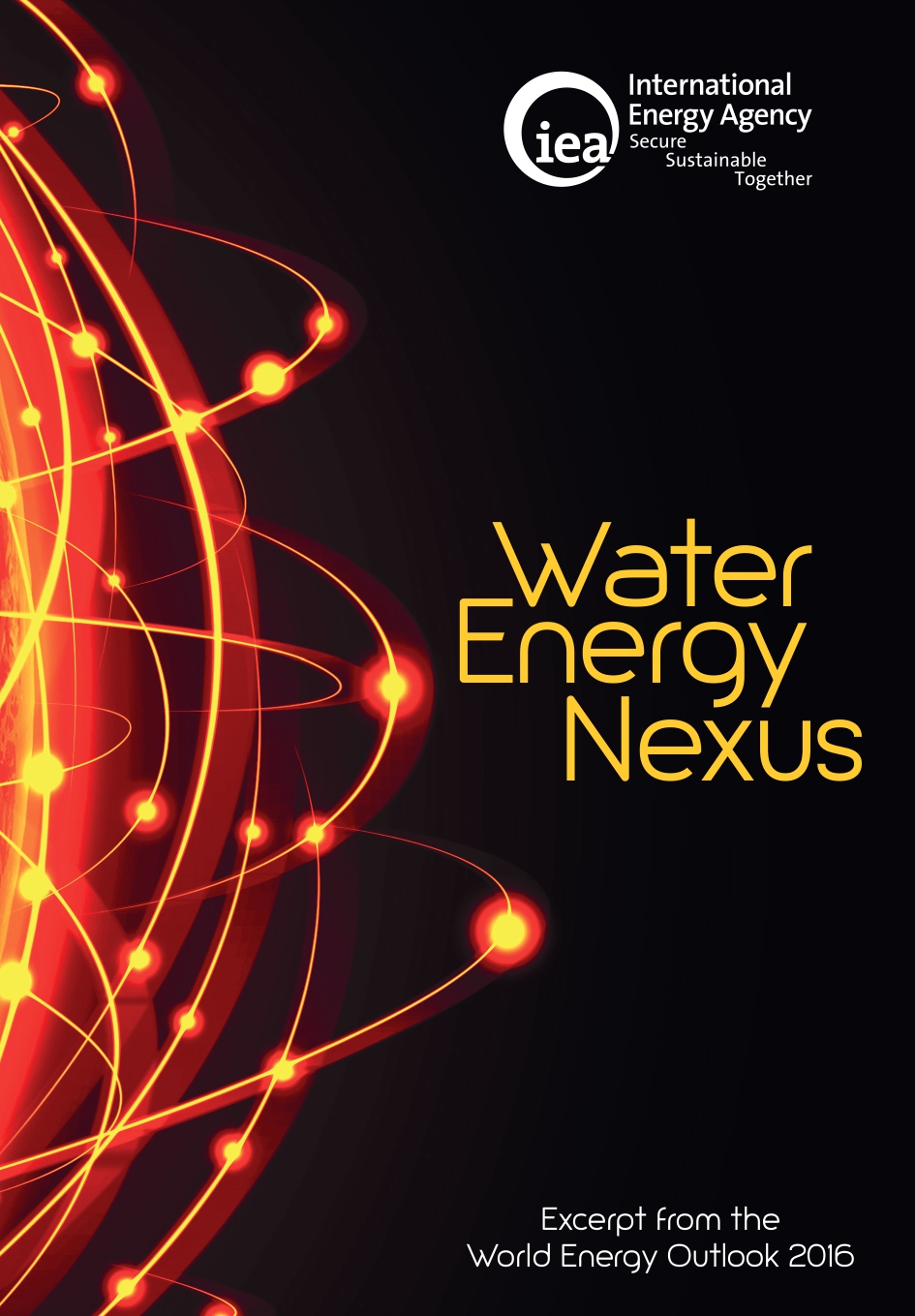Enefirst report – Barriers to implementing E1st in the EU-28

This report is focused on barriers to implementing “Efficiency First” (E1st) in the EU in several policy areas that are linked to energy use in the buildings sector (such as network codes, renewable energy policy, building regulations and others).
The Enefirst consortium has released a report identifying persisting barriers to implementing the decision-making principle of efficiency first in energy system planning and policymaking. The report, authored by BPIE, is based on the results of a survey to 45 experts in energy efficiency in buildings, infrastructure, and planning from across Europe.
The main messages from this survey are that:
- Political barriers are the category most frequently mentioned by respondents, suggesting that implementing the E1st principle would be first and foremost a political decision.
- A majority of respondents stressed the lack of expertise, knowledge, awareness or understanding, which suggests that a proactive dissemination of good practices and case studies is important.
- Implementing E1st can work only if every actor understands what it means for them: making E1st a common practice implies making E1st part of everyone’s work.
- Multiple benefits of E1st need to be considered and communicated more effectively among stakeholders, in line with one key element of the E1st principle: using a broader scope in cost-benefit analysis.
- Making E1st a common practice would require a cultural change along the whole chain of actors.
- Cultural barriers are related to actors’ own habits and practices as well as about breaking silo thinking.
- Other barriers specific to E1st relate to possible reasons why supply-side options might be given priority, disregarding demand-side options: these aspects are at the core of the E1st principle and complement the analyses done earlier on the background and definitions of E1st (see ENEFIRST 2020a) by emphasising why we need to think beyond existing energy efficiency policies.
Enshrined in EU legislation since 2018, efficiency first is a decision-making principle that gives priority to demand-side resources whenever they are more cost-effective from a societal perspective than investments in energy infrastructure, and should be applied systematically to energy-related investment planning. To date, it has yet to be effectively implemented systematically.
Read the report.
Original article from BPIE.
In a fast-changing political and economic environment, 2025 was a year of continued efforts to strengthen security, stability, and competitiveness for European businesses.
Throughout the year, our work demonstrated that energy efficiency is not only essential to achieving climate goals, but also a key driver of innovation, energy independence and sustainable long-term growth across Europe.
Strong engagement with policymakers, combined with the successful organisation of the 4th European Energy Efficiency Day, highlighted the importance of collaboration and dialogue in advancing shared objectives. Partnerships across sectors and institutions remained central to delivering impact and shaping effective energy policies.
Looking ahead to 2026, we will intensify our efforts to secure the regulatory certainty that can accelerate the energy transition, while providing businesses with the investment confidence they need and strengthening Europe’s competitiveness.
Read the full Activity Report here.





